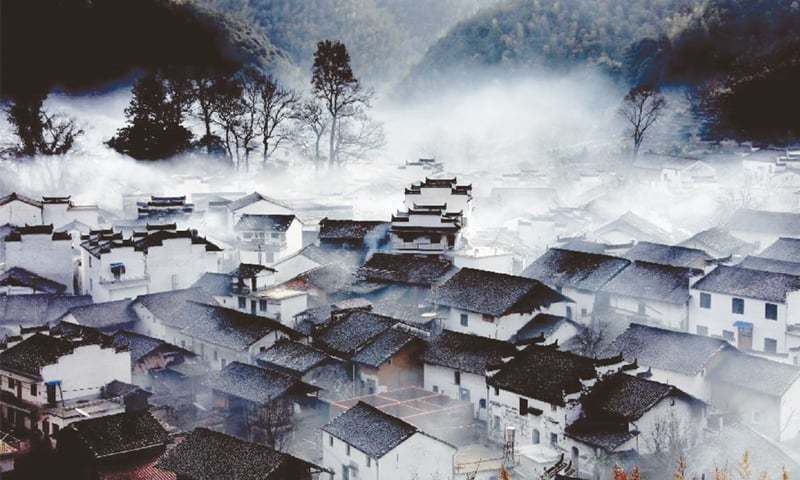Agriculture

牛吃草,马吃谷
The ox goes back to its old barn and the horse to the same stable.
The proverb is commonly used to mean that every individual has his own blessings.
牛刀可以割鸡,鸡刃难以屠牛
With a butcher’s knife one may carve a fowl, but it is difficult to slaughter an ox with a poultry knife.
The proverb indicates that big things can be changed into small things, but small things can not usually be changed into big ones.
农者寡而游食者众,故其国贫危。
Indeed, if farmers are few, and those who live idly on others are many, then the state will be poor and in a dangerous condition.
The proverb highlights the importance of farming in ancient China.
耕牛无宿草,仓鼠有余粮
The ox at the plough has no fodder left while the rat in the barn has more than enough grain to eat.
The proverb is used metaphorically to mean that those who work very hard suffer from hunger while those who do not work lead an affluent life.
苟有良田,何忧晚岁
If you have fertile fields, why worry about crop failures?
The proverb suggests that as long as one has ability, he need not worry about having accomplished nothing.
谷雨前五天不早,谷雨后五天不晚
Five days before Grain Rains is not too early; five days after it not too late.
Grain Rain is the sixth solar term in the 24 solar terms, which signals the end of cold weather and a rapid rise in temperature. The proverb means that this period is a good time for the growth of crops, so there are about ten days within which rice seeds should be sown.
